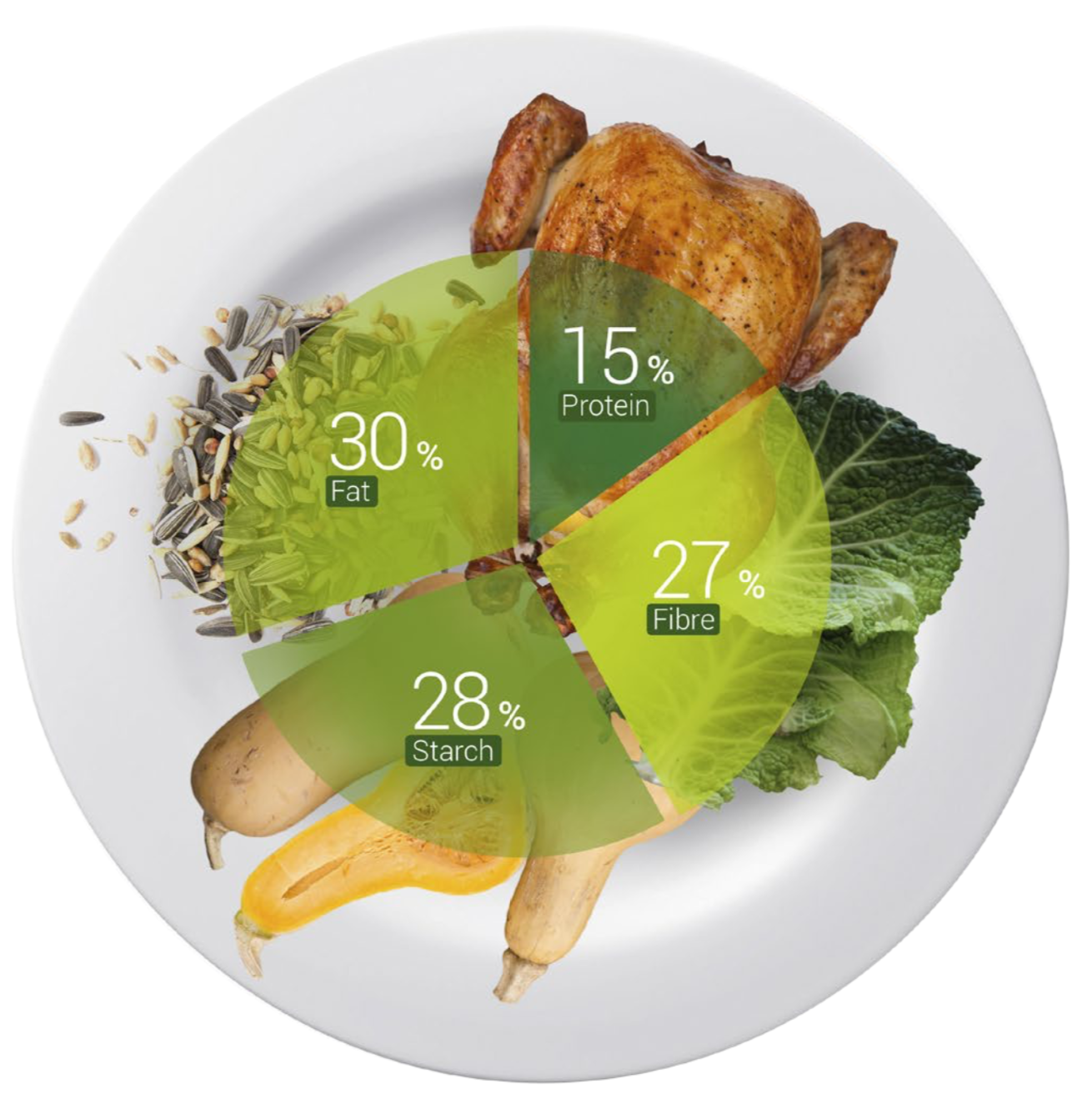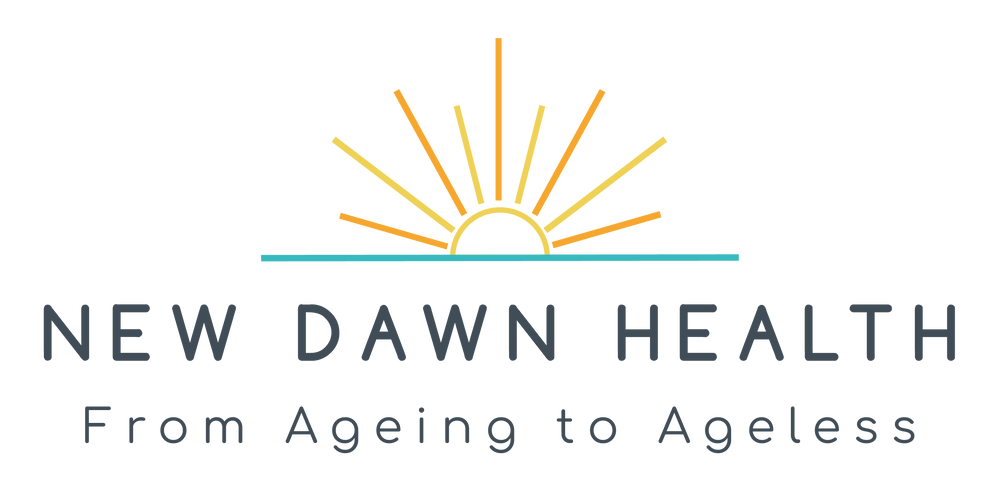Nutrition-specific predispositions

Your recommended diet Mediterranean, low fat or low carbohydrate and the best proportion of macronutrients to eat
Carbohydrate sensitivity – The amount and types of carbohydrates to eat to help you to understand and manage your cravings and weight. It will tell you if you need to follow a low carbohydrate diet, a reduced fat diet, or a Mediterranean diet.
Saturated fat sensitivity – How many and which types of fats you should be eating for weight loss, lowered inflammation and good general health?
Lactose intolerance – Some of us are born with an inability to break down lactose, while many others acquire it as we age. Find out if dairy is a healthy option for you, or not.
Coeliac predisposition – Coeliac disease develops in approximately 30% of the population, which carries this genetic variant. This test will identify your susceptibility. (Note-coeliac disease is only diagnosed from a blood test done by your GP).
Caffeine sensitivity – Find out if you are classified as a “fast” or “slow” metabolizer of caffeine, and therefore the optimal amount to consume.
Liver Detoxification ability – Find out if you need to eat more cruciferous vegetables to support better liver detoxification function.
Methylation cycle and B-vitamin need– Find out if you need more vitamins B6, B9 (folate) and B12 to keep your methylation cycle working efficiently.
Vitamin D needs – Find out if you need above the daily recommended allowance, based on your genetics.
Anti-oxidant needs – Learn which anti-oxidants are key for you and in what quantities.
Inflammation predisposition– Learn your genetic vulnerability to inflammation to guide you to eat more anti-inflammatory foods, improve your sleep and maintain regular exercise.
Salt and alcohol sensitivity– Learn how much salt and alcohol it is best for you to consume for optimum health.
Stress sensitivity– learn if you are a natural “worrier” or “warrior” and what you can do to help yourself handle stress better.
Fitness-related predispositions
Power versus endurance profile – Know your genes that influence power or endurance activities and learn how to train to your genetic strengths.
Aerobic potential – Understand your “potential” (not actual) VO2 max for endurance sport.
Recovery speed – Understand what your genes tell you about your natural recovery speed and how to plan your exercise schedule accordingly.
Recovery needs – Learn about your body’s need for vitamins and micronutrients to optimise your recovery after training.
Injury risk – Some people are genetically at more risk of injury than others. Learn where you are on the injury risk scale and what you can do about it.
How to get your test kit
Please contact me directly. I will send you an email outlining the administration and then send you the test kit in the post. You will take a cheek swab at home and send it off in the box provided. It’s very easy and the instructions are simple and clear. 10-14 days later, you will receive a full-colour report, grouped into two sections, your nutrient predispositions and recommendations and your exercise predispositions and recommendations.
DNAFit is a Queens Award-winning global genetics company in 2018 and was shortlisted for BT Sports Industry Awards 2018. DNA fit has been used by Olympians like Craig Pickering, Andrew Steel and others like Mo Salah.
Fiona Golfar, Editor-at-large at Vogue UK said, “Impressively, in just over a week following my recommendations, I went down a clothes size, which convinces me that knowing your body’s needs at a genetic advantage is a huge leap forward”.
The Today Show reported, “Massive increase in everything. These are the kinds of gains you can get when you work with your genetics and not against them.”
I hope that you have enjoyed reading this mini-series about nutrigenetics and nutrigenomics, and I hope you are keen to delve more deeply into what your own personal genetics are telling you so that you can improve your health as a consequence.
I wish you good health and happiness,
Dawn
